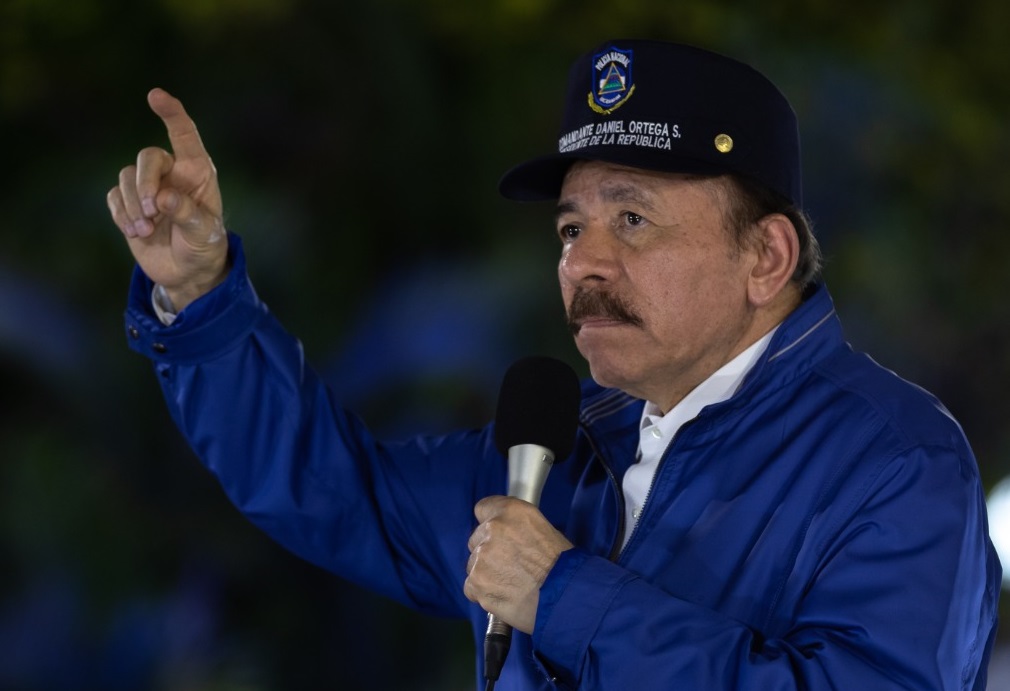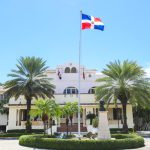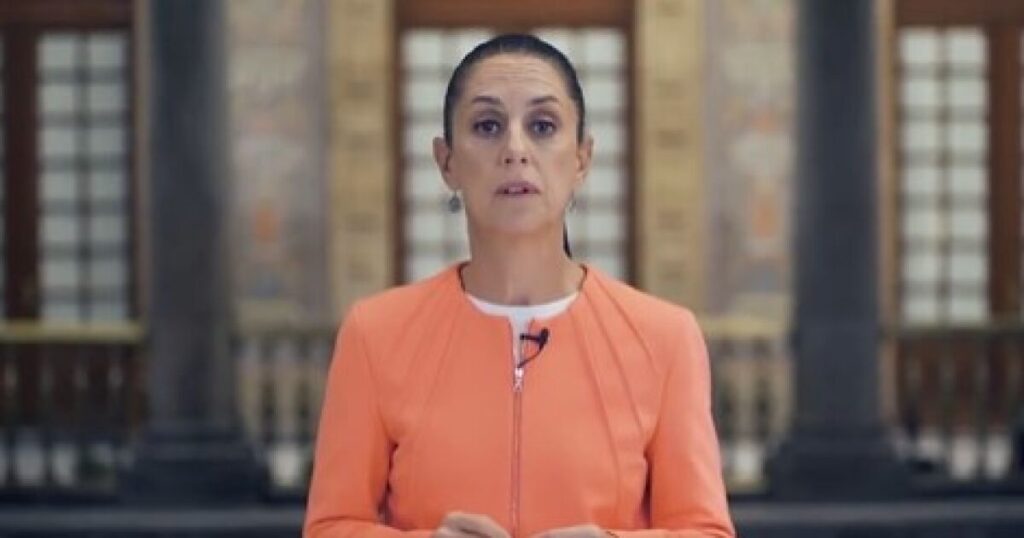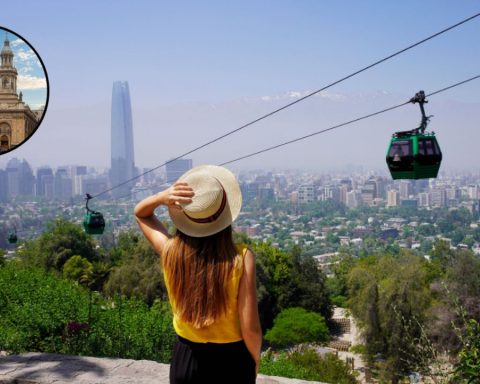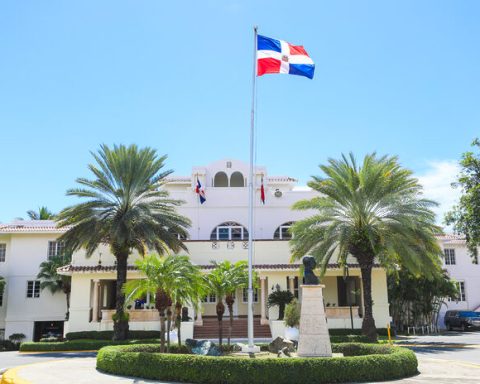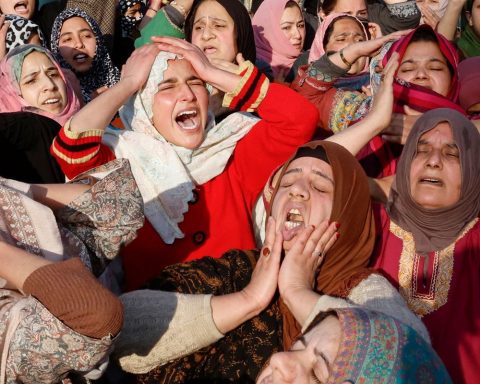A diplomatic cable from the former United States ambassador in Managua, Robert Callahan, dated April 27, 2009, leaked by WikiLeaks, citing the then head of the National Police, First Commissioner Aminta Granera, revealed the paranoia of Daniel Ortega who argued that some nuns “They prayed to assassinate him.”
The document is part of a leak of 1,432 cables about Nicaragua published by WikiLeaks, and corresponds to the years 2006-2010, a period that covers the 2006 general elections in which Daniel Ortega was elected in the first round with only 38% of the vote. , the return of the Sandinista Front to power, the fraudulent municipal elections of 2008, and the first three years of the exercise of power by Ortega and his wife, Rosario Murillo.
A selection of these classified documents, issued by ambassadors Paul Trivelli and Robert Callahan, were published in 2011 in a journalistic alliance formed by CONFIDENTIAL, Y The nation of Costa Rica, and separately by El País of Spain.
The April 2009 cable, about Ortega’s fear regarding the alleged threat posed to him by some nuns “who are praying for his death”, was quoted in a news item by El País in 2011, without revealing that Granera was the source of official paranoia, presumably to protect her safety from possible reprisals when she was police chief
The full document is in the WikiLeaks archive to which you have had CONFIDENTIAL access. Thirteen years later, the diplomatic cable acquires a historical dimension, as a precedent for the irrational expulsion of the nuns of the Missionaries of Charity order, founded by Mother Teresa of Calcutta, who left the country on July 6 from Nicaragua,
CONFIDENCIAL publishes a complete review of this historical document that demonstrates Ortega’s paranoia against religious orders, which he does not identify in the diplomatic document leaked by WikiLeaks.
The conspiracy of some nuns
The diplomatic cable dated April 27, 2009 reveals that in a private meeting held on April 24, 2009, during a ceremony in which they signed a letter of understanding on the Merida Initiative, between the Government of the United States and that of Nicaragua, the then head of the National Police, Aminta Granera, told the then US ambassador in Managua, Robert Callahan, that the president of Nicaragua, Daniel Ortega, is “completely crazy” and that he is “a threat to the country ”, because according to him there are “some nuns who are praying for him to be assassinated”. In addition, she believed that Granera regularly met with the ambassador to conspire against him.
The document written by Callahan indicates that Commissioner Granera does not specify where they are from, or who the nuns are, whom Daniel Ortega fears because they are supposedly conspiring against him, through prayer, for him to be assassinated. She only details that, according to Ortega, it was a group of a “group of very old nuns”, whom she considered a serious threat.
Granera feared Ortega
The text written by Callahan indicated that Granera limited herself to saying that the only thing that allowed her to keep herself “safe from the hostility of Ortega” was her growing popularity and her status as a high-profile figure. While the only person who had influence over Ortega in these times is his wife, Rosario Murillo.
In the document Callahan clarifies that this was, in fact, “the first opportunity” he had for a face-to-face conversation with Granera since his arrival in the country in August 2008. On the contrary, he says that when he suggested to the then police chief that they meet at his residence for breakfast or lunch, Granera “replied that he does not dare, since it would only fuel Ortega’s suspicions.”

In the cable signed by the US diplomat about his meeting with Granera, he describes that he saw her “visibly distressed and agitated.” “She sat next to the ambassador, took his arm and spoke in a whisper,” the text describes. She informed him that she expected Ortega to keep her as police chief for the remainder of her term, which officially ends in 2011.
“I don’t know what to do,” he told the diplomat and explained that Ortega “feared his potential as his (electoral) rival to be like a” next Violeta “, referring to Violeta Barrios de Chamorro, who defeated him in the elections from 1990.
Ortega’s vision
The so-called WikiLeaks papers revealed, at that time, the vision that the United States Embassy had of President Ortega: a corrupt, unscrupulous and authoritarian man. Several of the cables denounce the fear of state officials of suffering reprisals for giving public statements.
The diplomatic cable signed by Callaham indicates that during the ceremony Granera expressed public gratitude for the continued assistance of the United States Government in the fight against drug traffickers and against international organized crime organizations. However, she looked clearly uncomfortable when (then) Deputy Foreign Minister (and co-signer of the agreement), Valdrack Jaentschke, who took the opportunity to publicly criticize the amount of aid from the US Government as clearly insufficient”.
In addition, he stated that during the meeting with Granera he observed the staff that works with Granera “outside his office struggling to determine what had happened.” They asked: “why is the ambassador there alone with her? Who allowed this to happen?
“Clearly Granera is under close observation and daily monitoring by its own office staff. If Ortega intends to keep Granera in her position as head of the National Police until the end of her term, it may be so much to minimize the chances that she will emerge as a powerful political rival. Or perhaps this is Ortega’s way of keeping her friends close to her, and his enemies closer to her still,” Callahan noted in the diplomatic cable.
The expulsion of the Nuns of La Caridad
On July 6, 18 Missionaries of Charity, an order founded by Mother Teresa of Calcutta, were forced to leave Nicaragua and transferred from Managua and Granada to the border with Costa Rica by the General Directorate of Migration and Aliens (DGME) and the Police.
Before being expelled by the regime of Daniel Ortega and Rosario Murillo, the Missionaries of Charity served two religious communities in Managua and one in Granada.

Photo: Taken from Diocese of Tilarán, Liberia, Costa Rica.
In Managua, the religious congregation ran a home for the elderly, a nursery and a dining room for the most disadvantaged. “We also assisted 135 families with a basic monthly food basket, spiritual accompaniment and catechesis. Helping neighboring parishes”, specified the nun.
While in Granada the missionaries cared for “young people and children with limited economic resources”, providing them with “a space for other children in need of school reinforcement”. In addition, they had a soup kitchen for the most needy and —as in Managua— they delivered basic food baskets to poor families.
The religious congregation also delivered medicines to the most needy, provided economic support to university students with limited economic resources and visited those deprived of liberty.
The expulsion of the Missionaries of Charity She had already been warned since June 28, when the National Assembly —dominated by the Sandinista Front— canceled the legal status of her association. From that day on, the nuns remained under police surveillance.
Although the cancellation of the legal status of the Missionaries of Charity Association is part of a crusade by the regime against Non-Profit Organizations (NPOs), which has left almost 1,000 organizations canceled since 2018, a report by the Ministry of the Interior (Migob) points out that the Missionaries of Charity “has failed to comply” with its obligations under the law.
